Read more about the diverse ecosystems of support in the health and social care sector through our blog posts. To provide deeper insight, we have established a dedicated platform where our multidisciplinary team of specialists share their first-hand experiences working with the people they support. As part of this initiative, the ‘In the Heart of Care’ blog series serves as a primary resource, offering a closer look at their proactive approach and personalised tools designed to encourage people’s journeys forward.















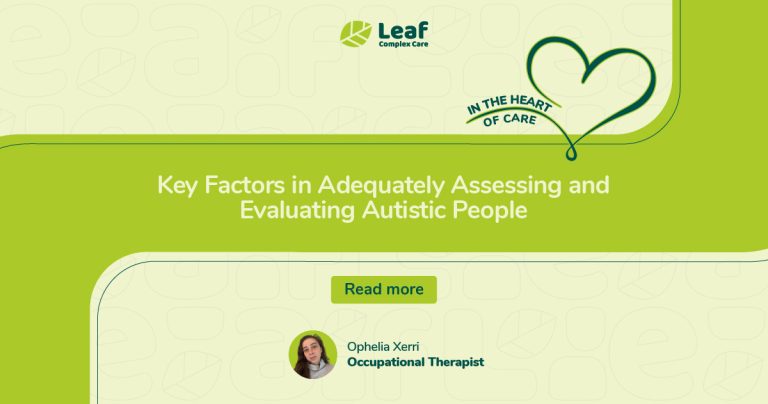

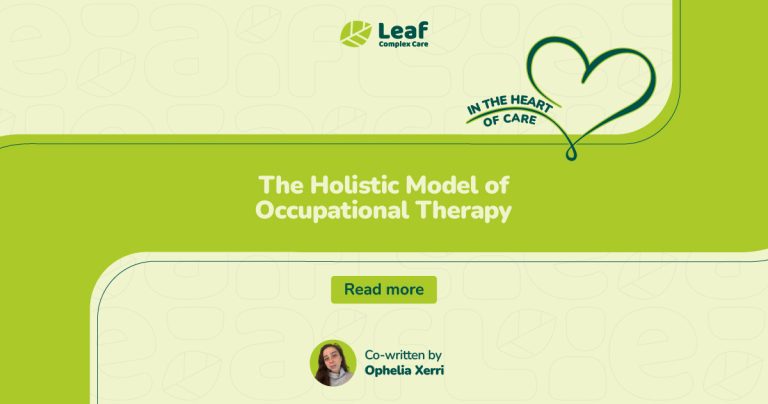
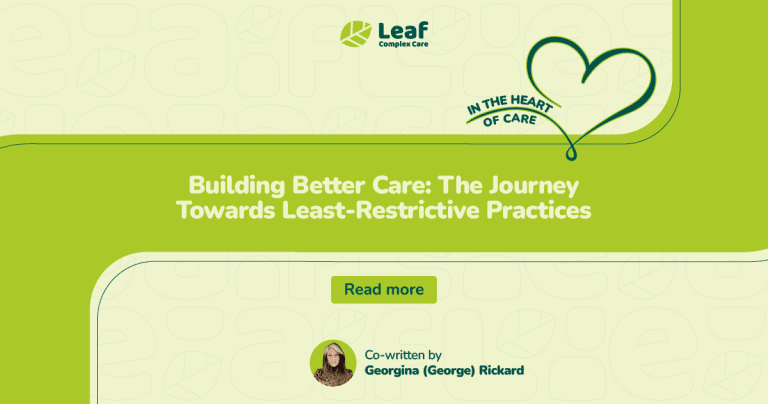
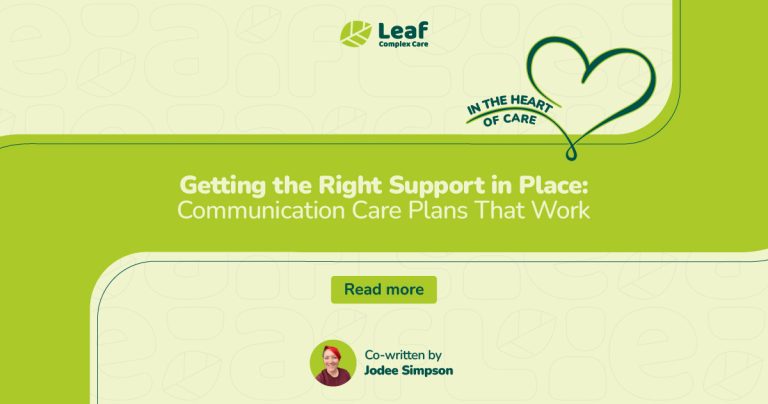
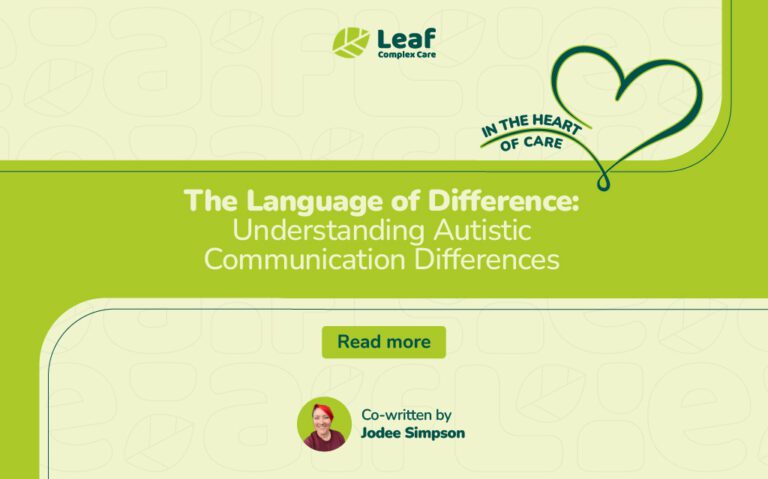
Call us if you know someone with complex care needs that are a risk to themselves or others or have noticed rapidly escalating behaviours.
Our website uses cookies to make your browsing experience better. By using our site you agree to our use of cookies. You can accept or reject cookies which are not necessary for this site to work by clicking on Cookie preferences below or change your consent at any time by adjusting your cookie preferences in Cookie Settings. For more detailed information about the Cookies we use, see our Cookie Policy.